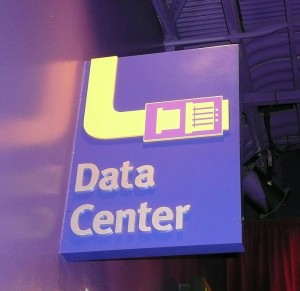Lying in the Digital Age
By Brian Del Rosario, Marketing —

The art of lying may become a thing of the past.
Modern technology has enabled us to record and share some of our lives’ greatest moments. With smartphones, we can photograph and share immediately our latest adventures. Smart watches keep track of our latest workouts and motivate us to achieve our health goals. Social networks and messaging apps help us maintain conversations with friends and family. Even cars have been equipped to record and analyze our driving habits to help us maximize fuel efficiency and drive more safely. Our actions are constantly being recorded by modern technology with an aim to make our lives better. But what honesty? Does tracking all of this information allow for trust to foster in our society? Or does it encourage us to trust technology over people?
No More Lies
With such advancements, it’s no wonder the art of lying may become a thing of the past. While technology aims to improve our standard of living, it does not allow for missing data or false records, and that can lead to lack of trust in our society. Employers, insurance investigators, police officers, etc. now have access to more information about people than ever before. Records are taken of when employees take personal days. Insurance investigators are able to use social networks and smart devices, such as smart thermostats and onboard car computers, to verify claims made by policyholders. Even law enforcement is utilizing technology in sorting out lies. It was reported that a woman in Pennsylvania had lied in a police report. She had called 911 stating that she had been sexually assaulted. After further investigation, the woman’s Fitbit tracker, a fitness watch that records the wearer’s physical activity, had recorded data that conflicted with the report that she had given to the police department. The woman is now facing possible legal consequences for her dishonesty.
These new technologies make it easier for us to rely on technology for data collecting than doing it ourselves. But we might run the risk of trusting inanimate objects over human beings. It’s useful to verify human data with technology, but we shouldn’t begin to distrust humans, especially if errors occur. So how do you determine the truth if the occasion arises?
Verify the Truth
While many of the latest technological advancements have inadvertently become combatants to the art of the lie, the latest development in lie detection, EyeDetect, is an important solution to discovering truth. This polygraph alternative provides an affordable and efficient way to verify statements made in legal disputes stemming from insurance claims to employees missing to assisting in police reports. Even though technology is constantly tracking everything, EyeDetect can help in verifying the truth and point out the lies.
Source
Photo courtesy of Michael Gray.

